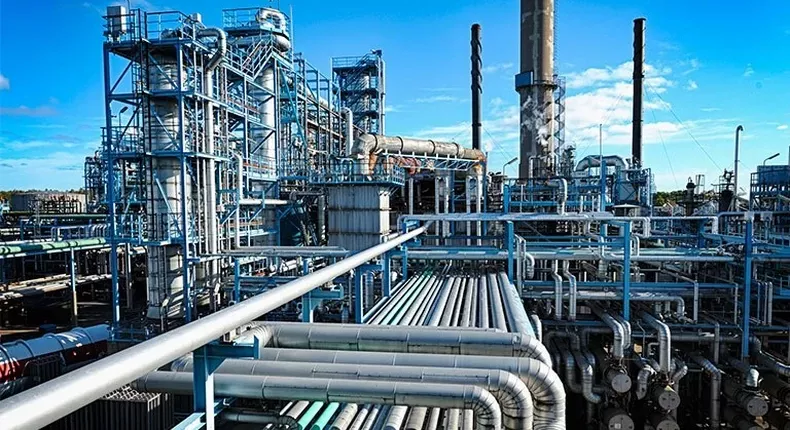Now more than ever, Africa needs to examine its options for reducing its energy expenses, as energy costs heavily influence the growth or decline of any given economy. Energy cost is a key determinant of inflation, alongside basic amenities like food, water, and other commodities distinct and essential to different regions. For an economy to thrive, energy must be as cheap as possible. Unfortunately, this has hardly been the case in Africa for the past year. The ensuing conflict between Russia and Ukraine has brought about a substantial spike in the cost of energy, globally.
Needless to say, for a developing continent like Africa, the brunt of this crisis is being felt to extensive degrees, as numerous countries on the continent for the past year have been dealing with some level of inflation. The inflation, while spurred in parts by food hikes, and other nuanced factors is still majorly a result of the rising cost of energy that has plagued the entire planet. Africa hardly refines its own oil despite its tremendous oil reserves, which in hindsight has caused a gargantuan deficit in its oil bottom line.
Simply put, most oil-producing African countries, particularly Sub-Saharan African countries, sell their crude to countries outside the continent for a specific amount, and then buy back said oil in a refined state for a similar amount. This in itself is as financially counter-productive as it gets, however, what makes things significantly worse is when external factors like war make the oil importation costs much more expensive. A plight that almost every African state suffered in the previous year.
It is also disturbing that this problem would persist for the next two years, as numerous global economists have hinted at the possibility of a recession this year. With this in mind, the glaring solution to remedy this problem is to simply build refineries in Africa. Fortunately, this idea has been floating all across Africa for some time now. As recently as this week, Angola and Zambia established a trade relationship, where Zambia would import oil from Angola, once Angola is done with the construction of its refinery. Read the story here. In Nigeria, this conversation bears a striking resemblance as Africa’s richest person Dangote has expressed interest in building a refinery in the country. He has touted this idea for a while but committed to initiating the project before the end of 2023.
Below are 5 things you need to know about Dangote’s new oil refinery:
Timeline: Commencement for the refinery’s construction was meant to begin in 2022, but a few glitches placed the plans on hold. However, the project is set to begin this year, as the President of Nigeria, Muhammadu Buhari has committed to commissioning the Dangote Oil Refinery on the 24th of January. The project is set to be completed by 2026.
Location: The architected project has already been touted as an African milestone should it be realized. It is projected to be the largest vertically integrated petrochemical complex in the world. The refinery is going to be situated in Lagos Nigeria, specifically the Lekki Free zone, covering a land area of approximately 2,635 hectares, which according to the site is about six times the size of Victoria Island.
Capacity: The refinery would be able to produce 650,000 oil barrels per day, subsequently, with an initial rollout of 540,000 barrels per day. Also, the facility will produce 3 billion standard cubic feet of gas, 65 million liters of premium motor spirits (petrol), 15 million liters of diesel, and 4 million metric tons of jet fuel each day, approximately, 8 million tons of petroleum products annually.
Objective: With the refinery’s projected capacity, Dangote has noted that it would be in charge of Nigeria’s entire oil supply, effectively eliminating the need for oil importation. However, the company also disclosed plans to produce a petroleum surplus intended for sale across fellow African countries and perhaps other regions outside the continent, which would bring about an estimated $11 billion in petroleum products from Nigeria per year.
Cost: For an ambitious project like this, the cost is expected to be hefty, and said expectation is not far off. The Dangote oil refinery would cost a total of $19 billion to build.




